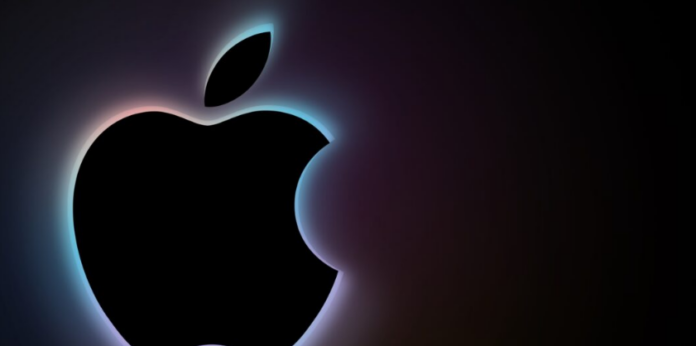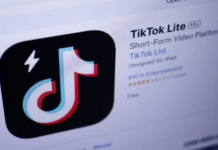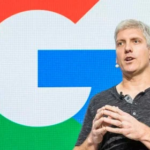The U.S. Department of Justice and 16 other states are suing Apple for monopoly. The DOJ accuses big tech of using anti-competitive tactics to favor its products and remain dominant in the market. The investigation was opened in 2019, but during this period the DOJ’s antitrust division chose to focus its action on the case about Google.
Among the points of the investigation that led the Department of Justice to open the case against anticompetitive and monopoly practices are:
Blocking cloud streaming apps, such as Nvidia Geforce Now game streaming — according to the DOJ, these services lessen the need for expensive, high-performance smartphones, which would hurt Apple’s sales.
Suppress the quality and integration of messages between iPhone and other Android platforms.
Make it difficult for third parties to create digital wallets with tap-to-pay functionality.
However, the most “strange” thing is Apple’s argument to limit the functionality of smartwatches from other brands on the iPhone and to restrict the compatibility of the Apple Watch. According to the DOJ, in this way, big tech forces iPhone users to buy their watch.
What’s more, Apple uses this strategy of making the Apple Watch compatible only with its smartphones so as not to hurt iPhone sales. After all, if a customer buys an Apple Watch and uses it with a Xiaomi 14 Ultra, big tech has lost an iPhone sale.
However, Samsung has also removed the Galaxy Watch’s compatibility with the rival’s smartphone. If Apple loses this lawsuit and the U.S. court forces it to release the Apple Watch for Android, it is likely that Samsung will open the Galaxy Watch to the iPhone — either on its own or by “free and spontaneous pressure” to be the target of a similar lawsuit.
Apple has commented on the case
Fred Sainz, an Apple spokesman, said the lawsuit threatens Apple’s principles. Sainz said that if he were defeated, his ability to “create the kind of technology that people expect from Apple” would suffer.
Apple’s situation seems to be more complicated for now. Despite being acquitted in the monopoly lawsuit filed by Epic, the judge in charge declared that big tech could not prevent developers from disclosing their own means of collection.
As much as Epic is a big company, the Department of Justice, the equivalent of our justice ministry, is a much bigger enemy. The issue is also made worse by the fact that the U.S. House committee has also found that Apple has a monopoly on iOS.
Blue Bubble vs. Green Bubble
The lawsuit also talks about the “rivalry” between blue bubble and green bubble in the iPhone’s Messaging app. These colors refer to the color of the text bubble received in the app. If the message was sent between iPhones, which use the iMessage protocol, the message will appear on a blue background. On the other hand, those sent between iOS and Android (SMS protocol) appear in the green bubble.
The document reports, among other things, the problem of preventing the creation of group chats with Android users in the iPhone’s messaging app.
A group of friends will only be able to use Messages group chat if they all have an iPhone. If a friend migrates to Android, that’s it: you have to tell people to download WhatsApp. The RCS protocol will soon be supported on iOS, but that won’t change the use of iMessage between iPhones — nor the colors of the bubbles.
In the European Union, because of the DMA, WhatsApp was forced to allow the sending and receiving of messages from other apps, such as Signal and Telegram. Here Apple escaped because Messages was not considered a high-use app on the continent.















